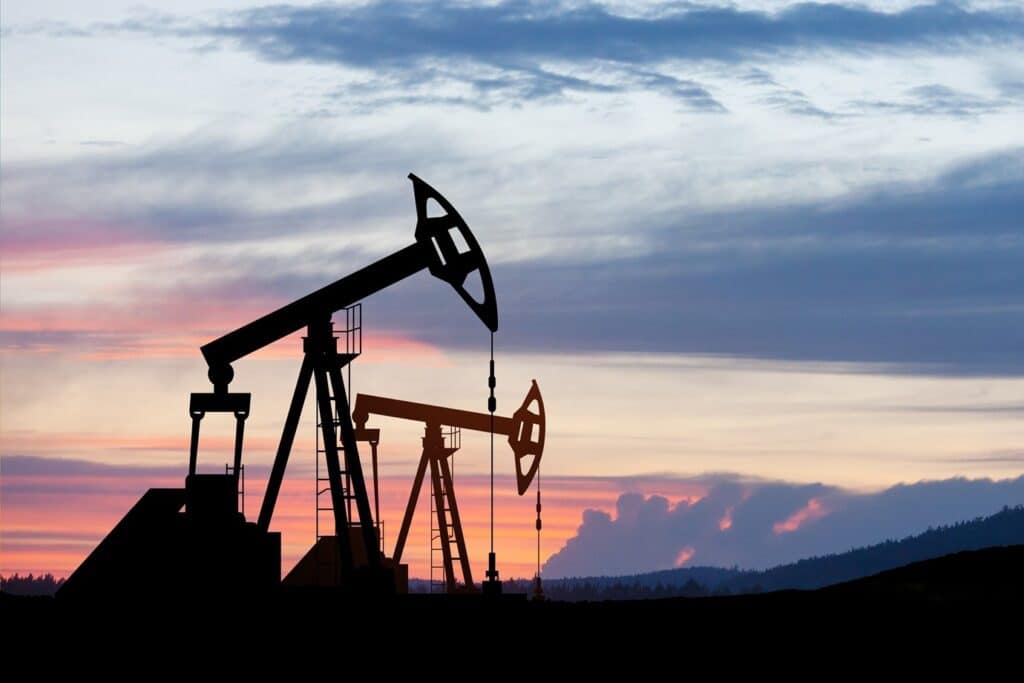As scientists issue dire warnings for the collapse of our climate, the COP28 Climate Summit began on Thursday in one of the world’s top ten oil producing nations, the United Arab Emirates (UAE).
Even more concerning, the president of this week’s climate conference is Sultan Al Jaber, the CEO of the United Arab Emirates’ state oil firm, Adnoc. It’s unprecedented for the chief executive of any company to act as COP president let alone the head of an oil company.
As Marina Hyde writes for the Guardian, these facts cross “the line between mirthless joke and extinction-level distress signal”.
Confirming this is no joke is the fact that the BBC confirmed through leaked briefing documents that the the United Arab Emirates planned to use its role as the host of UN climate talks as an opportunity to strike oil and gas deals.
The 28th annual United Nations Climate Change Conference brings together state parties and other climate representatives to the United Nations Framework Convention on Climate Change (UNFCCC). It’s a forum for states to discuss how to confront the climate crisis.
Dozens of world leaders will be there among the 70,000 attendees, including US vice president Kamala Harris (standing in for Joe Biden), UN secretary general António Guterres, UK prime minister Rishi Sunak and the prime minister of Barbados Mia Mottely– who, as one of the few female leaders in the group, is actually well known for creating a large presence at COP conferences. Last year, Mottely used her platform to talk about the 1 billion refugees the world will have by 2050.
Previously, these conferences have largely failed to result in the necessary cuts to greenhouse gas emissions, support adequate transition to renewable energy or protect people from climate-related disasters.
All of this comes as the world crosses into uncharted climate territory. Scientists have announced that, for the first time, the global temperature anomaly has broken through +2.0 °C, for a single day in observational history.
Gendered impact of climate change
It’s well documented that climate change disproportionately affects women and girls, making the issue of female representation at COP28 all the more important.
The UN estimates that 80 per cent of people globally already displaced by climate crises are women.
When women are displaced from support networks, they are at greater risk of violence. As many as one in five women displaced by natural disasters or political unrest has been subjected to sexual violence.
A study from the Adrienne Arsht-Rockefeller Foundation Resilience Centre at the Atlantic Council (Arsht-Rock) shows that women are at much greater risk from extreme heat both health-wise and economically.
Women are also more likely to die during heat waves than men and the risks to older women during urban heat waves are significant.
The number of girls at “extreme risk” due to both climate change and child marriage will increase by 33 per cent to 40 million by 2050, according to a Save the Children report.
This year, Women’s Agenda’s Climate Load report showed that here in Australia, 75 per cent believe they have already been personally impacted by extreme weather events caused by climate change. Sixty-four per cent say their mental health has been impacted, and 82 per cent are “very worried about climate change”.
Gender representation in climate discussions
At last year’s climate conference, COP27 invited 111 people to speak on the global climate crisis. Just seven of those people were female.
On a planet where nearly 50 per cent of the global population are women, this gender imbalance was unacceptable. Women must be equally included at the discussion table on climate action.
This year, the world will be watching to see if gender representation at the COP28 conference is improved.
However, it’s been a rough year for representation of female leadership in general as the number of women heading governments around the world has been in decline. Some notable resignations include New Zealand’s Jacinda Ardern in January, Moldova’s Natalia Gavrilita in February and Finland’s Sanna Marin was voted out in June. Gabon’s first female prime minister was removed in a coup last month as well.
There’s currently 13 UN countries with female leaders worldwide, according to data from the Council on Foreign Relations. Out of the 193 UN countries that exist, this leaves the percentage of UN nations led by women to be less than 10 per cent.


